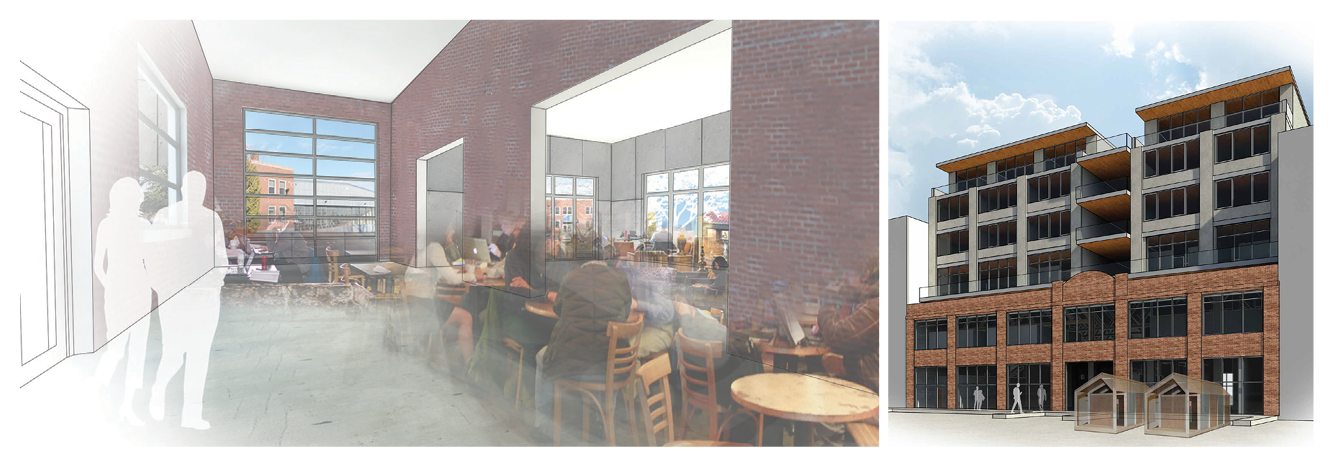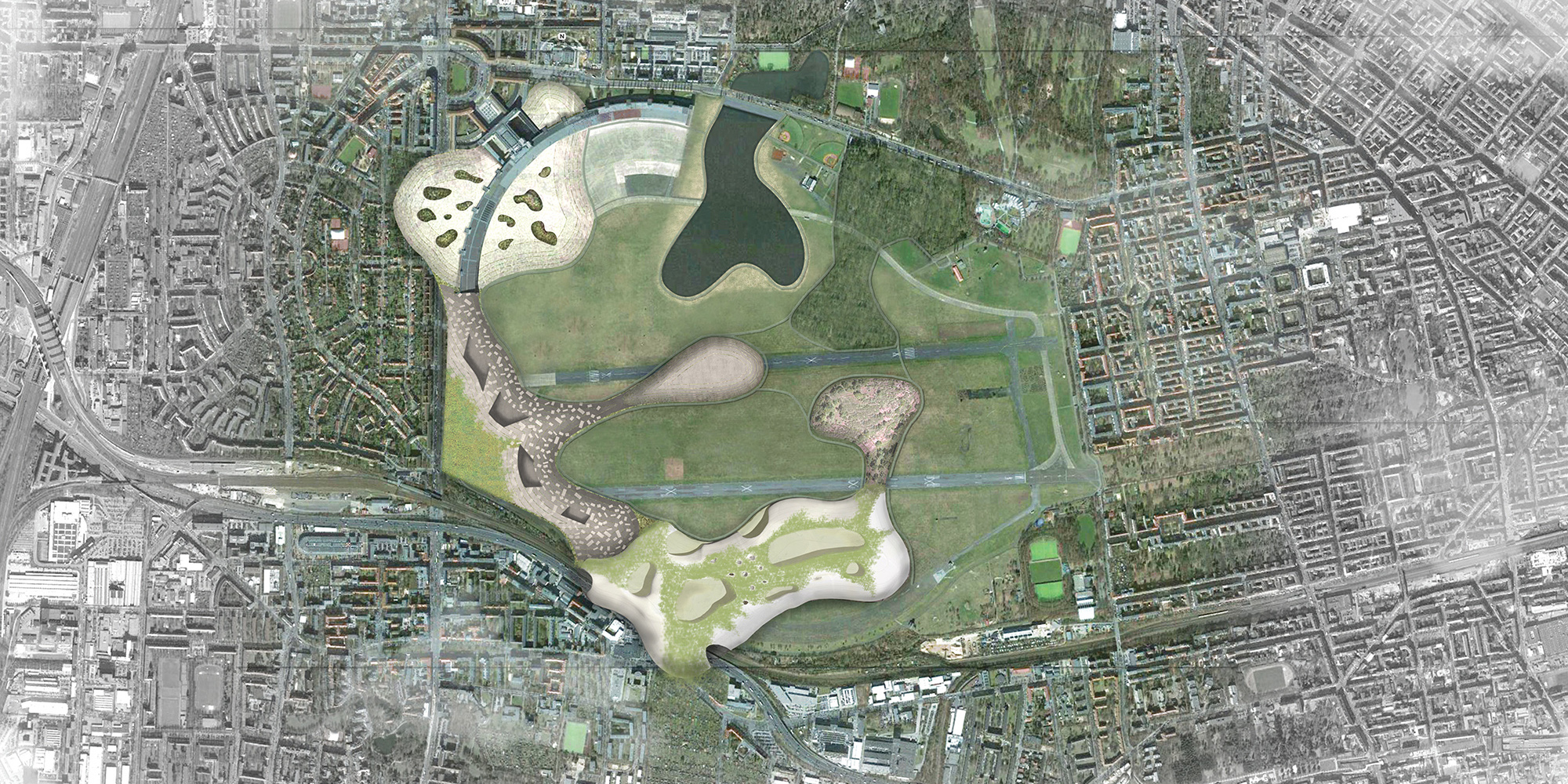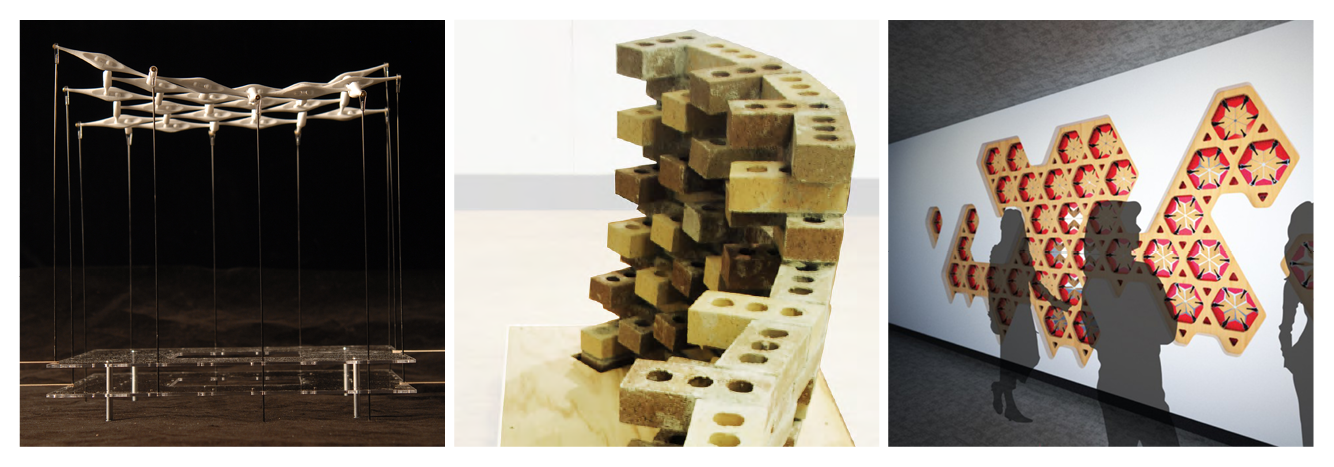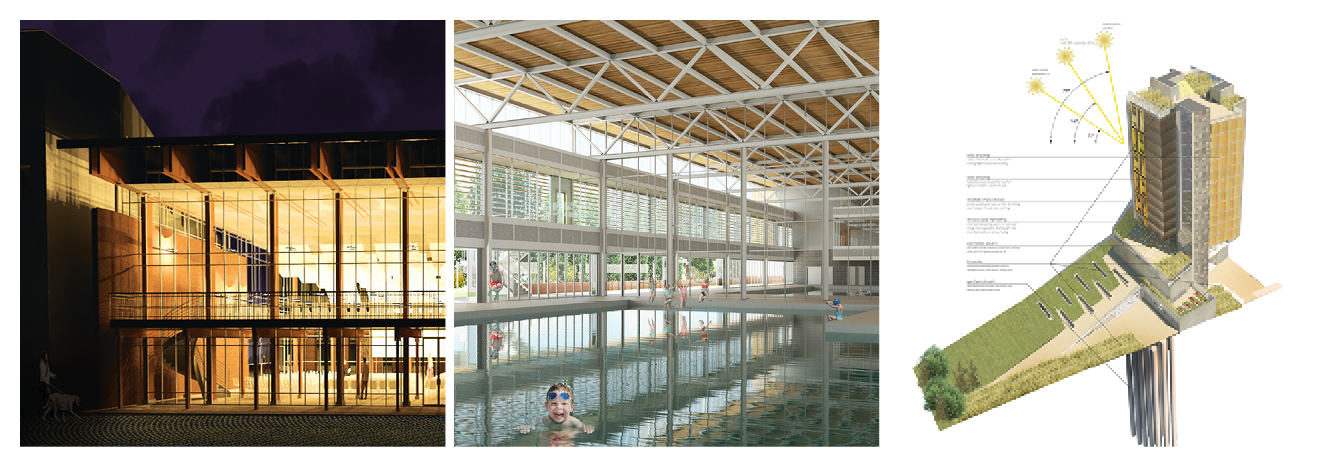A graduate certificate program is defined as a linked series of credit bearing graduate courses that constitutes a coherent body of study. It is designed to enhance the education of matriculated graduate students and professional students. Students can pursue the following college-wide graduate-level interdisciplinary certificates in historic preservation, real estate, and urban design. The Department of Architecture also offers certificates in design computing and lighting design.
Historic Preservation
The interdepartmental Certificate in Historic Preservation seeks to prepare professionals skilled in dealing with historically significant issues in design (rather than to train professional restorationists or preservationists). This program integrates fully with the M.Arch. curriculum and with the M.S. Arch. in History/Theory curriculum. Students can qualify for either degree and the Historic Preservation Certificate concurrently. Its 12-15 course credits encompass issues relating to the identification, designation, interpretation, and preservation of historic places, as well as the restoration, adaptive reuse, and design of sympathetic new construction in historic contexts.
Real Estate and Housing Studies
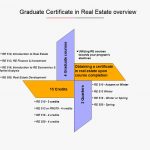
Real Estate is an interdisciplinary field requiring the collaboration of professionals with different backgrounds spanning from planning, architecture to engineering, business, law, public policy, sciences and health to name a few. The two-quarter Graduate Certificate in Real Estate (GCRE) offers non-real estate UW graduate students an opportunity to learn the fundamental concepts and tools critical in the workings of real estate markets while helping them understand how their own fields of study can be useful in real estate. The Graduate Certificate in Housing Studies (GCHS) offers graduate students an opportunity to learn the fundamental concepts and tools essential to understanding housing production and consumption at a regional, national and global level.
For more information, visit this page. Questions should be directed to Prof. Sofia Dermisi.
Urban Design
The interdepartmental Certificate in Urban Design emphasizes the phenomena of place-making and the connections between site, people, culture, and the urban built response. Research interests of its faculty include contextualism and continuity, the role of types and styles in design, the town as artifact, and sources of regional identity. This program integrates fully with the M.Arch curriculum, and students can qualify for the Master of Architecture degree and the Urban Design Certificate concurrently. Its 12 – 15 credits include courses in urban design, history of urban form, urban design methods, quantitative methods, and urban development. The Certificate in Urban Design program is open to students in the M.Arch program who show promise of achievement in urban design.
Design Computing
The Design Computing Certificate recognizes M.Arch students who devote a significant portion of their studies to digital media and computational techniques in architectural design. The Certificate recognizes their advanced knowledge and skills—preparation for leadership positions at the intersection of architectural design and information technology. Within the Certificate itself are five opportunities for particular focus: visualization, simulation, fabrication, representation, and theory. Students wishing to pursue this field as a career should consider applying to the Department’s MS in Architecture — Design Computing option.
Lighting Design
The Lighting Design Certificate focuses on the integration and application of light in architecture. This certificate program explores daylighting, electric lighting, and computational lighting analysis, to teach students how to design light that reveals the architecture and supports the visual environment. Its purpose is to give students a comprehensive lighting education focusing on sustainable approaches to light in architecture. The core knowledge areas that are covered include conceptual design, daylighting analysis, lighting metrics, lighting technology, computer modeling, lighting integration, site studies and applied lighting design competitions. The 24 credit certificate is designed to be completed with the M.Arch degree.
